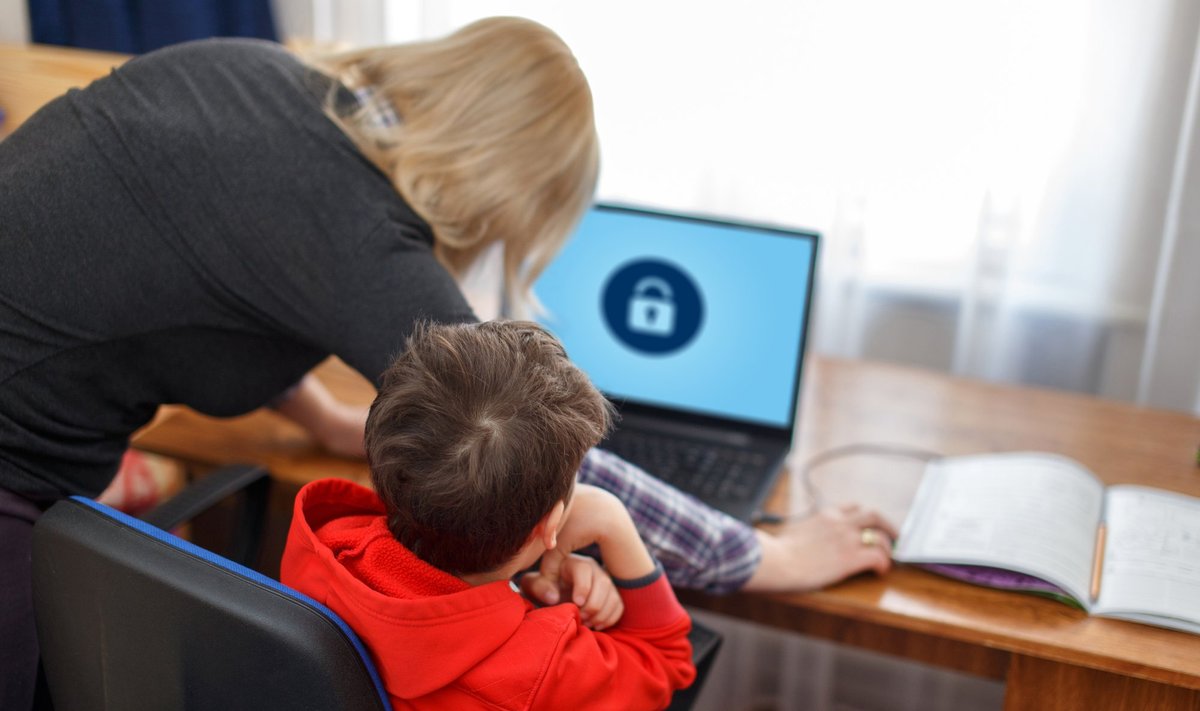Both traditional criminals and cybercriminals like social media
Lawyer Dr. Mindaugas Kiškis, who is also a Professor at Mykolas Romeris University, notes that most people use social media very irresponsibly and thus expose themselves and their belongings to various threats.
The spectrum of crimes that can be perpetrated through social media is very wide: from fake news and distributed malware to human trafficking. Traditional criminals can gain information about when their chosen victims are on vacation and their homes are empty. There are many instances, when people, who actively shared their vacation stories on social media came back to a very unpleasant surprise at home,” warns Prof. Dr. M. Kiškis.
He adds that social media not only encourage people to overshare at the expense of their privacy, but also incentivize users to perpetrate harmful activities, such as fake news, bullying, or sharing abusive imagery.
“Many people think that, by sharing their private lives and the private lives of their loved ones (especially children) online, they can become more popular or attractive. However, they really only trade their privacy for ads and “likes,” while their individuality drowns in a sea of noise,” laments Prof. Dr. M. Kiškis.
Advice on how to use social media responsibly
However, social media will not have harmful effects if used responsibly. Prof. Dr. M. Kiškis, who specializes in the topic of cybersecurity, lists the most important tips on how to be a responsible social media user.
1. Your profile should be private and visible to friends only
2. Do not add unknown or barely known people to friends
3. Do not post private content on social media (family pictures, pictures with children)
4. Remember that everything you share on social media becomes publicly available forever, and even when you delete your content, it may remain with those who download and save it
5. Do not be apathetic. If you see suspicious or unacceptable content or behavior on social media, immediately notify the responsible institutions and social media administrators.
Children should be familiarized with the rules on safe social media use
Prof. Dr. M. Kiškis draws attention to the fact that parents should introduce their children and, if relevant, their elder relatives, to the most important rules on how to use and behave on social media.
When talking with their children, parents should emphasize that the same rules of not-talking to strangers apply for social media. In social media and in the virtual space more generally, there often are more and more severe dangers than in real life, yet very few parents talk about this with their children. The same applies to elder people who may not have the habits of using social media and can also fall victim to cybercriminals. Thus, senior social media users should also be informed about the dangers involved,” emphasizes Prof. Dr. M. Kiškis.
We can remain social on social media – but, when communicating and sharing content, we have to also remain conscious and cautious.
